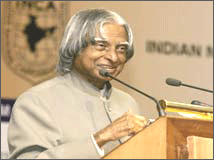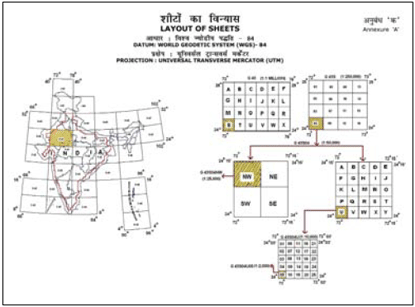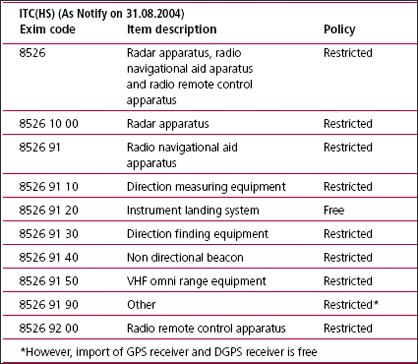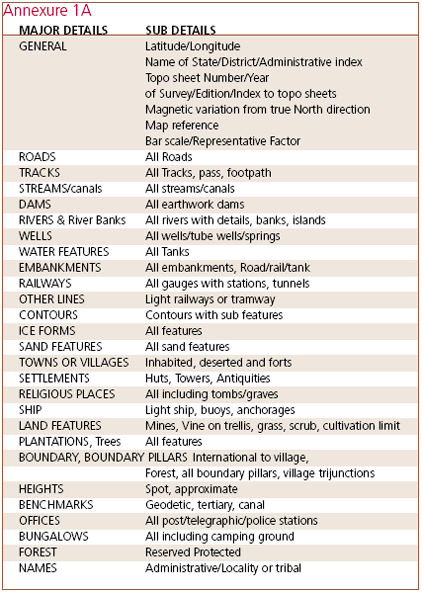Articles in the Policy Category

I am delighted to participate in the 26th Congress of the Indian National Cartographic Association (INCA). My greetings to the organizers, delegates of the Conference, cartographers, scientists and technologists, users of cartographic products and distinguished guests.
India has a vision of transforming itself into a developed nation before 2020. There are number of missions which need inputs from cartography technologies that will certainly accelerate the process of development. The programme such as Bharat Nirman Programme including PURA (Providing Urban Amenities in Rural Areas), networking of rivers, infrastructure development in 63 cities through Jawaharlal Nehru Urban Renewable Mission, mapping of earthquake prone areas and recurring floods in north Bihar and Assam require vital inputs at the stage of planning and implementation level. The mission of INCA should be to assist the implementation of developed India vision using their core competence in cartography in partnership with ISRO, NRSA, Survey of India, State Remote Sensing centers, Thematic map making organizations, Indian Remote Sensing Industries, Academia, Research Institutions and other IT organizations. Hence, I would like to talk to you on the topic “Cartographers: Partners in National Development”. Let us now look at some typical requirements of rural and urban development programmes of the nation, where cartographers are major partners.

he Central Government announced the National Map Policy (NMP) on 19th May 2005. The NMP document authorizes Survey of India (SOI) to issue detailed guidelines on the implementation of the NMP. These guidelines are issued in the light of the above cited authorization. The guidelines are clarificatory in nature and does not create any new rights nor abridge any existing rights which are enforceable in courts of law…
Filmmaker Rakesh Sharma has sued New York City for being `detained and harassed’ by its police while making a documentary about ordinary folks in a post-9/11 world. Backing Sharma’s suit, the New York Civil Liberties Union has challenged curbs on people’s right to photograph public places. Police offi cers confronted Sharma in May 2005 for allegedly fi lming a “sensitive building”. They interrogated him for three hours. Despite “cooperating with them, they treated me like a criminal,” the maker of Final Solution, a documentary on the Gujarat riots, said. Mr Sharma was told he needed a permit to fi lm on city streets and then was denied one without explanation when he applied to the Mayor’s Offi ce of Film, Theatre and Broadcasting, the lawsuit said. (Hindustan Times, January 12, 2006, New Delhi).

The order issued last year to de-restrict the import of GPS and DGPS receiver is a boon to the GPS market in India. However, some of us are unaware of this development despite the fact that the notification was issued in January 2004, and this information is available at the website of Directorate General of Foreign Trade (DGFT), Government of India.
Excerpts from the US Space-Based Positioning, Navigation, …












 (5.00 out of 5)
(5.00 out of 5)